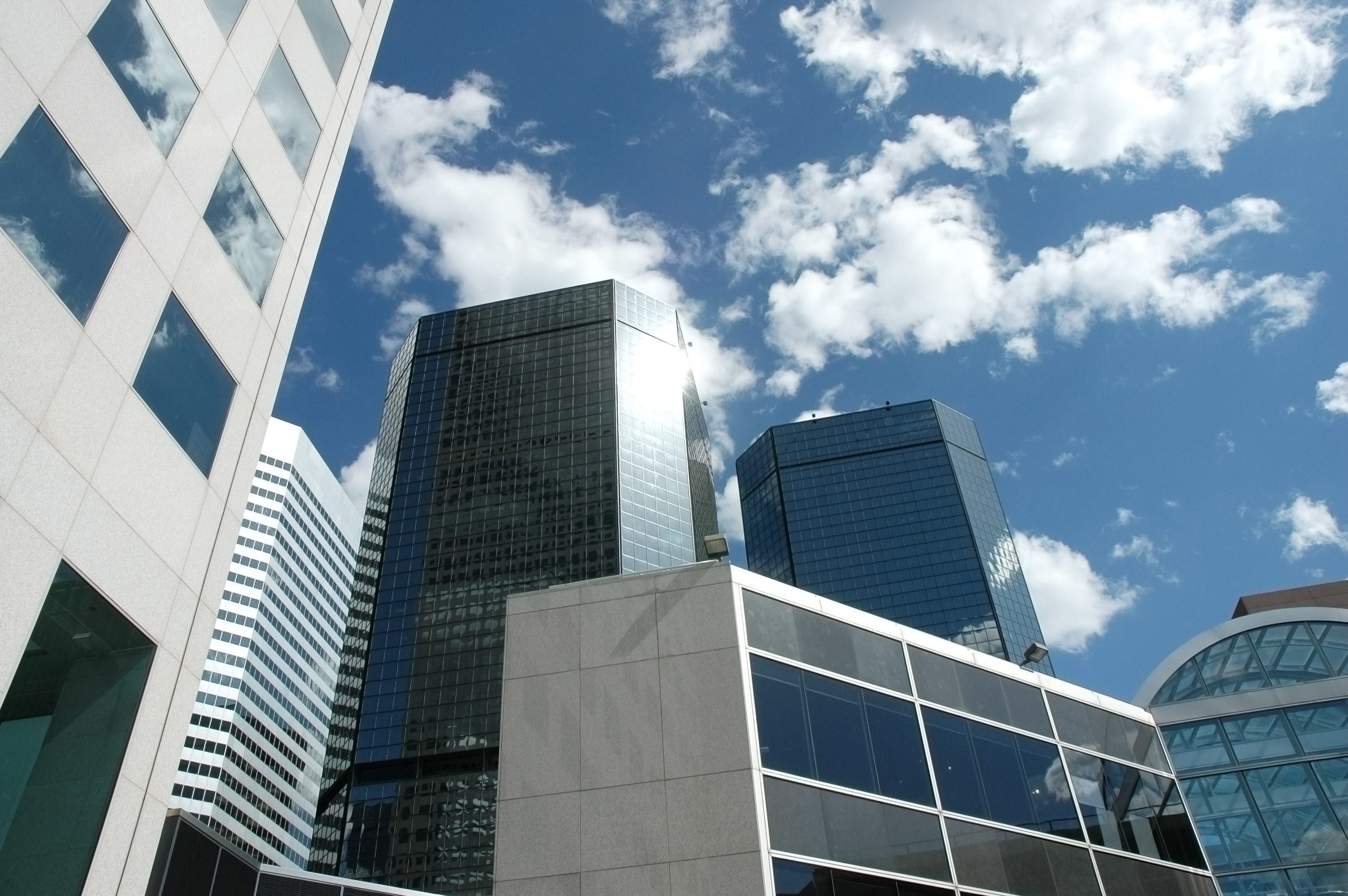Denver City Council unanimously voted to join other “green” cities by enacting regulations aimed at making large buildings more efficient. Like most cities across the county, greenhouse gas emissions from buildings are a major source of Denver’s carbon emissions. Greenhouse gases, which trap heat in the atmosphere, are generated when fossil fuels are burned for heating and cooling buildings.
The new regulations require that owners of multi-family and commercial buildings obtain energy benchmarks based on the U.S. Environmental Protection Agency’s Energy Star rating system. Energy Star scores will then be published on a public database on an annual basis. Benchmarking and transparency allow building owners and occupants to understand a building’s energy performance and identify opportunities for improving efficiency.
Starting in 2017, owners of commercial and multi-family buildings over 50,000 square feet are required to track and report their Energy Star score. The same requirements will expand to buildings over 25,000 square feet in 2018. Building owners who fail to timely benchmark and report their energy score may be assessed fines which will accrue on a daily basis until they come into compliance.
These new energy efficiency rules will impact landowners who are responsible for successfully benchmarking and reporting their energy performance. Design and construction professionals should also remain cognizant of these requirements as they design and construct commercial and multi-family projects.
Link to documents: https://denver.legistar.com/LegislationDetail.aspx?ID=2892844&GUID=360F45A4-3F9C-4FCC-8018-A60466CC3B7D

